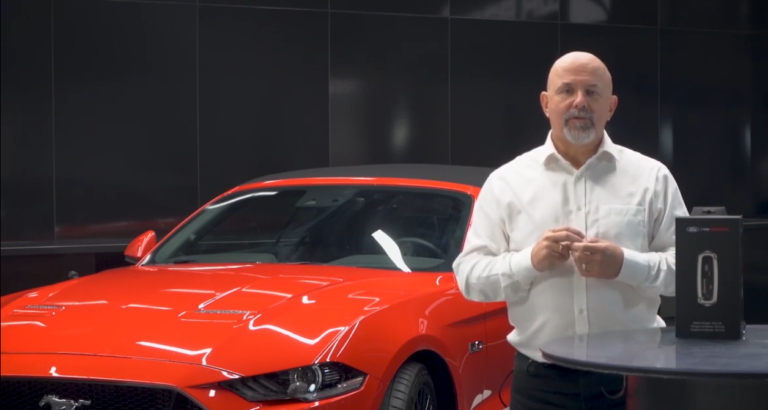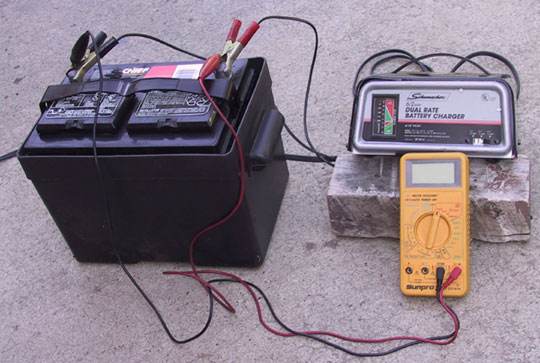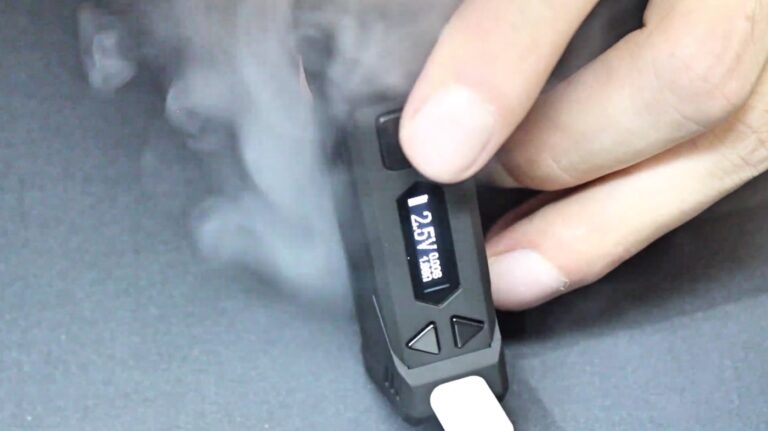How Long Does It Take to Charge a Boat Battery?
Owning a boat means keeping its battery in top condition to avoid getting stranded in the middle of the water. One of the most common questions boat owners ask is, “How long does it take to charge a boat battery?” The answer depends on several factors, including battery type, charger specifications, and the level of discharge. In this article, we’ll break down everything you need to know about charging boat batteries efficiently.
Factors Affecting Boat Battery Charging Time
Several factors influence the charging time of a boat battery. Understanding these will help you optimize charging and extend your battery’s lifespan.
1. Battery Type
Different boat batteries have varying charging times:
- Lead-Acid (Flooded or AGM): Typically takes 4 to 10 hours depending on the depth of discharge and charger type.
- Gel Batteries: Requires 8 to 12 hours since they charge at a slower rate to prevent overheating.
- Lithium-Ion: Charges the fastest, usually within 1 to 3 hours, thanks to high charge acceptance.
2. Battery Capacity (Amp-Hour Rating)
The larger the battery, the longer it takes to charge. For example:
- A 50Ah battery at a 10A charger will take about 5 hours.
- A 100Ah battery at the same charger will need 10 hours.
- Faster chargers reduce this time significantly.
3. Charger Type and Output
The charger’s output in amps greatly impacts the charging speed:
- 5A Charger: Slow charge, suitable for overnight charging.
- 10A Charger: Moderate speed, good for regular use.
- 20A+ Charger: Fast charging, often used for deep-cycle and high-capacity batteries.
4. State of Charge (SOC)
A deeply discharged battery will take longer to charge than a partially discharged one. For example:
- A battery at 50% SOC will charge faster than one drained to 20%.
5. Temperature Conditions
Cold temperatures can slow down the charging process, while extreme heat can damage the battery. Optimal charging temperatures range between 50°F and 80°F (10°C to 27°C).
Estimated Charging Times Based on Charger Amperage
| Battery Size | 5A Charger | 10A Charger | 20A Charger |
|---|---|---|---|
| 50Ah | 10 hours | 5 hours | 2.5 hours |
| 100Ah | 20 hours | 10 hours | 5 hours |
| 150Ah | 30 hours | 15 hours | 7.5 hours |
| 200Ah | 40 hours | 20 hours | 10 hours |
Best Practices for Charging Your Boat Battery
To ensure safe and efficient charging, follow these tips:
1. Use the Right Charger
Always use a charger compatible with your battery type. Lithium batteries require specialized chargers.
2. Charge After Every Use
Keeping your battery charged prevents deep discharge, which shortens battery life.
3. Avoid Overcharging
Using a smart charger with an auto shut-off feature prevents overcharging, which can damage the battery.
4. Maintain Proper Ventilation
Charging lead-acid batteries produces gases, so charge in a well-ventilated area.
5. Check for Corrosion and Clean Terminals
Dirty or corroded battery terminals reduce charging efficiency. Clean them regularly for optimal performance.
Conclusion
The time required to charge a boat battery depends on battery type, charger output, and the state of discharge. While lithium-ion batteries charge the fastest, lead-acid and gel batteries take longer. Investing in a high-quality charger and following best practices will keep your boat battery in peak condition, ensuring you’re always ready for your next adventure on the water.
FAQs
Q: Can I use a car charger to charge my boat battery? A: It’s not recommended. Boat batteries often have different charging requirements, and using an incompatible charger can reduce battery life.
Q: How do I know when my boat battery is fully charged? A: Most modern chargers have indicator lights. You can also use a voltmeter—fully charged lead-acid batteries read around 12.6V to 12.8V.
Q: How often should I charge my boat battery? A: Charge after each trip and at least once a month during off-season storage.
By understanding these factors and best practices, you can keep your boat battery running efficiently for years to come!





